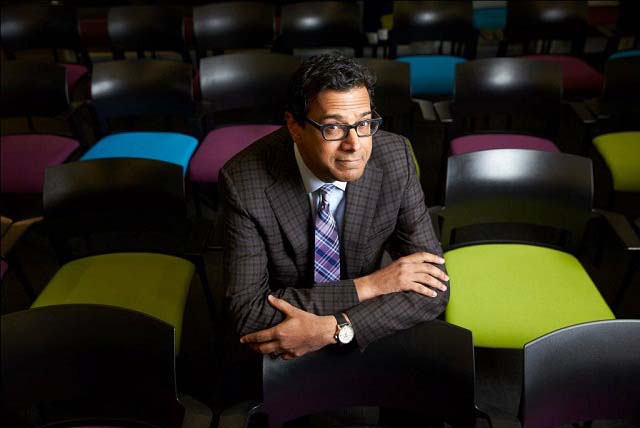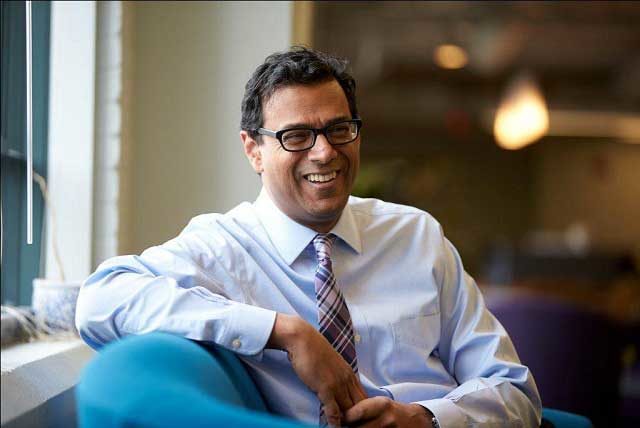People may point to Atul Gawande’s limited administrative experience and question how someone who has never managed a health system could oversee the care of some 1 million patient-employees! But Amazon, J.P.Morgan and Berkshire Hathaway are unfazed by the such critics as the three companies have together appointed Gawande to lead their healthcare venture.
“I think I’m very uncomfortable with imperfection and in being fallible and how you live with your own imperfection,” Gawande told an audience at the Harvard Divinity School. “I’m sure it’s driven by a sense of discomfort with the fact that (you can’t be) perfect, and then taking responsibility for other people, responsibility for making a difference in the world. How to know whether you’re making matters better or worse — how do you live with that?”
Gawande, a staff writer for The New Yorker, and author of four books, has thus started his new journey as CEO of Amazon-J.P. Morgan-Berkshire Hathaway venture to lower health-care costs. Undoubtedly, he has got the backing of J.P. Morgan CEO Jamie Dimon, Amazon chief Jeff Bezos and Berkshire Hathaway leader Warren Buffett as their man in charge of changing healthcare.
The trio’s CEOs – Jamie Dimon, Jeff Bezos and Warren Buffett – expect that their new nonprofit company would lower healthcare costs for their combined roughly 1.2 million employees.
“I have multiple roles in health care and public health – as a surgeon, a public health researcher, journalist, and a health care delivery innovator. This diversity is by design; I believe that my effectiveness in each role benefits from the lessons and perspective that I gain from the others,” says Gawande.
Gawande has continued tracking how unnecessary medical care hurts patients physically and financially. He was born in Brooklyn, New York, to Indian immigrants to the United States, both doctors.

Many people spend their final days in a desperate battle to stave off the inevitable, meaning that their last moments with family and friends are spent in a medical institution, hooked up to tubes and machines. – Atul Gawande
In his latest book Being Mortal, Gawande shows that the ultimate goal is not a good death but a good life – all the way to the very end. “Medicine has triumphed in modern times, transforming the dangers of childbirth, injury, and disease from harrowing to manageable. But when it comes to the inescapable realities of aging and death, what medicine can do often runs counter to what it should,” reads the book’s description.
Atul Gawande is the author of three best-selling books: ‘Complications’, ‘Better’, and ‘The Checklist Manifesto’. His latest book is ‘Being Mortal: Medicine and What Matters in the End’. He is also a surgeon at Brigham and Women’s Hospital, in Boston, and a professor in the department of health policy and management at Harvard School of Public Health and in the department of surgery at Harvard Medical School. He is the executive director of Ariadne Labs, a joint centre for health-systems innovation, and the chairman of Lifebox, a nonprofit organization making surgery safer globally.




















